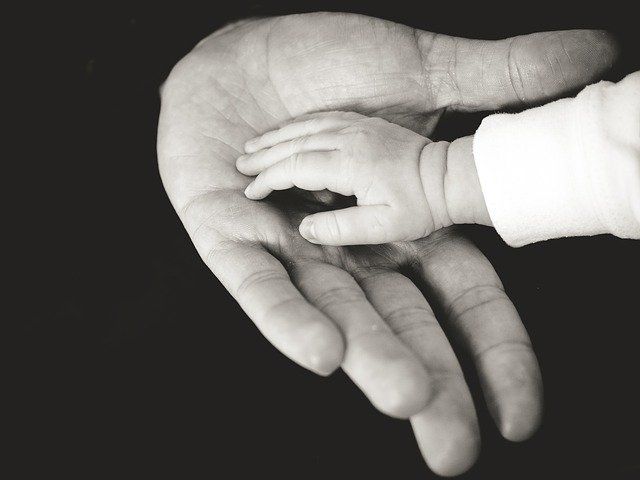ADOPTION & ART ATTORNEYS IN MARYLAND, DISTRICT OF COLUMBIA & VIRGINIA
Is an investigation or homestudy required in a second parent adoption?
A second parent adoption happens when a second parent obtains complete parental rights without the “first parent” losing any rights.
Second parent adoptions are common for same-sex couples. Paternity or maternity of the child creates a clear family bond for one parent. The other parent establishes a parental relationship through second parent adoption.
Second parent adoption is also helpful for mixed-sex step families.
Why Should Families Consider a Second Parent Adoption?
A second parent adoption is a way of legally recognizing a co-parent relationship that may already exist. By entering into this arrangement, the second parent’s rights are protected.
There are many situations where legal recognition of parental rights can be essential to protecting a child. If one parent becomes ill or has an accident, it may be necessary for the second parent to make decisions independently for the child’s well-being.
For example:
· Parents have the right to physical custody of the child, including regular contact.
· Parents have the right to make decisions about health, education, and upbringing.
· Parents can pass property on to their children through gifting or inheritance.
· Parents have the right to a child’s earnings should they engage in legal work.
Understanding the Role of a Homestudy in Second Parent Adoption
Second parent adoption is available in Maryland, Virginia, and Washington DC.
Usually, an adult may adopt the child of his or her partner as long as the child does not have another legal parent or guardian. In some cases, the child needs to have been born in the local jurisdiction.
Virginia does not allow second-parent adoptions but does allow step-parent adoptions for same-sex couples. In Maryland, based on a new law written in part by Jennifer Fairfax, a homestudy or investigation is waived in second-parent adoptions. In DC, a homestudy is waived in step-parent adoptions (where the same-sex couple is married or has a domestic partnership) but not for unmarried same-sex couples and in VA, the investigation is waived for married same-sex couples. Each jurisdiction also has varying requirements regarding background criminal clearances.
In cases where a home study is required, it is performed by a licensed social worker. Most of the information in a homestudy is biographical
When required, what Questions Are Asked During an Adoption Homestudy?
Some areas the homestudy explores include:
1. Your Background
Background questions include things like your upbringing, education, work history, hobbies, and interests. The relationships between the household members will also be explored. You'll also need to submit details on your finances and home, as well as character references.
2. Medical Mental Health History
Physical and psychiatric illness are both considered in the homestudy process. Family members should be prepared to submit information on past and current medications as well as counseling. A letter from the treating physician or therapist will help the process along.
3. Legal History
Family members with any history of drug or alcohol abuse, domestic violence, child abuse, or sexual abuse will discuss those details in the context of meeting a child’s needs. This is to help measure the ability to develop parenting skills and healthy emotional attachment.
4. Your Motivations for Adoption
Everyone comes into adoption with their own goals and motivations. That’s just as true of second parent adoption! You’ll be asked about your hopes for adoption and level of knowledge on the process. Adoptive parent educational training is required in some cases.
If you’re concerned about specific issues – like a past arrest, unemployment, or illness – it’s a good idea to discuss this with your adoption agency before the homestudy is scheduled. In many cases, these factors alone don’t present any issue. Better to find out sooner than later!





“We believe in working with each of our clients—in support of their family dynamic—to make the dreams of parenthood a reality. Whether you are single or married; or gay; a step-parent, a surrogate or intended parent or a child of adoption, it is our mission to serve as your advocate. With a dedication to the ethical and sensitive nature of each situation, we will help you understand the laws within Maryland , Virginia and Washington, DC for adoption or surrogacy, and pledge to be your partner throughout the journey.”
- Modern Family Formation Law Offices
CONTACT
All Rights Reserved | privacy policy







